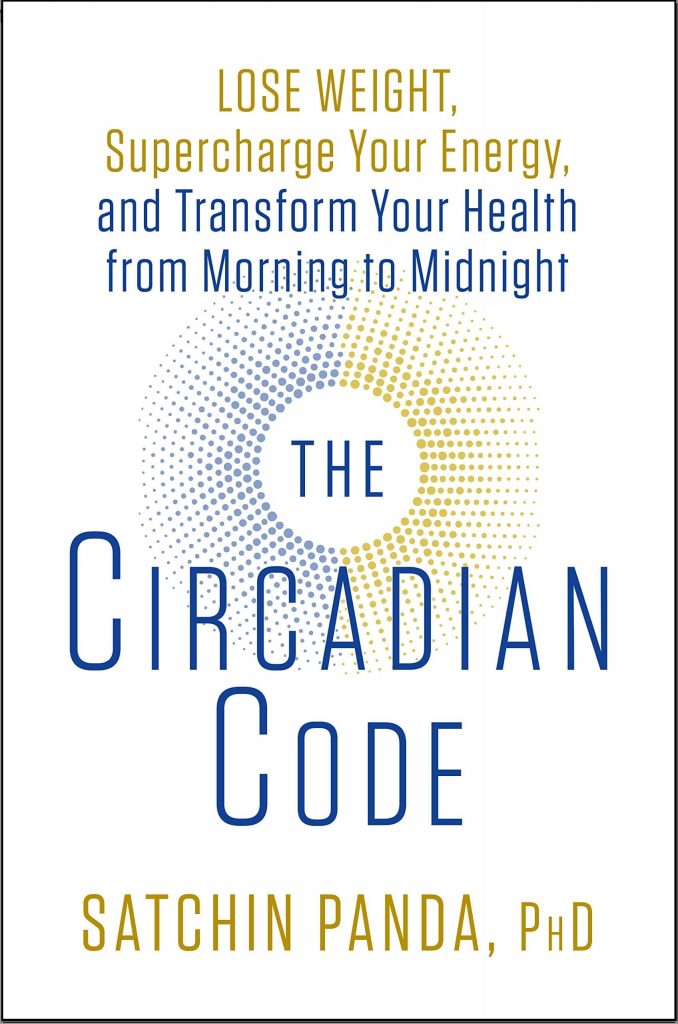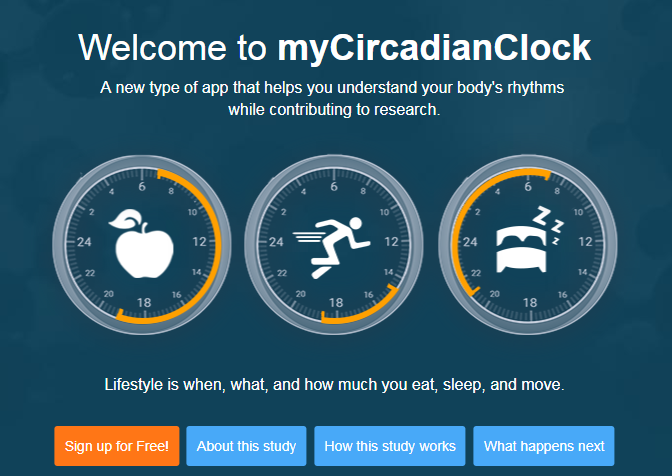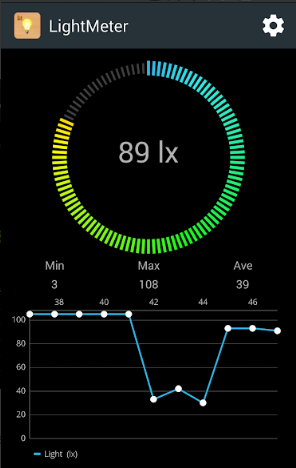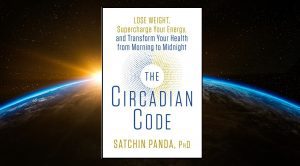You might have heard about your body clock, but did you know your liver has its own one too? This book dives into the circadian rhythm – a ~24 hour sleep-wake cycle that the majority of our bodily processes rely upon. The research involves subjects following Time Restricted Eating, an 8-12 hour window of eating each day. This simple change has been shown to reduce or resolve a whole host of disease-related problems, as well as improve quantity and quality of sleep.
The current population are far from following these guidelines already, with 50% of the adult population eating for 15 hours of the day or longer. Late night snacking, irregular eating and sleeping patterns and artificial light all contribute to the unhealthy lifestyles many of us follow. With this simple and easy to follow advice you could be weeks away from improved health and well-being.
Book twenty one is…
The Circadian Code by Satchin Panda, PhD

PRO TIP: Take notes! When you read a book, use a blank sheet of paper as a bookmark. Write down any interesting facts and information from the book. This condenses a whole book into 3-4 pages of key notes that are important and relevant to you.
My Notes
- Working a single night shift can have cognitive effects that last a week
- In 2007 the WHO classified shift work as a “probable” carcinogen due to the negative impacts it has on health.
A person who stays awake for more than 3 hours between 10pm and 5am for more than 50 days a year fits the official European definition of a shift worker.
European Observatory of Working Life
- Orange light has minimal effect on circadian rhythm, but blue light resets it. If you turn on the bathroom light at 2am your brain thinks it’s morning and will begin waking you up.
- While the brain takes its cues from light, every organ has a clock and e.g. the liver clock gets its timing from food.
- After your first bite of food of the day, imagine a 10 hour timer starts. This is when the body is efficient at digestion, but eating after the 10 hours means it will digest slower. It also keeps the fat-making process on for longer and raises blood glucose, so try to avoid eating beyond this 10 hour time slot.
- When you get insufficient sleep you build up a sleep debt, and if it’s severe you won’t be able to repay it in a single night. Even if you need an extra 6 hours, your circadian clock might only allow you an extra 1-2 hours sleep and so the debt drags on for additional days.
- To help out with circadian research, visit mycircadianclock.org

If you spend more than half an hour trying to fall asleep that’s classified as insomnia. Some of the main culprits include:
- Worry: increases the stress hormone cortisol, which is meant to keep us awake
- Too much food: keeps your core body temperature too high for sleep
- Too little physical activity: reduces the production of the muscle hormone that promotes sleep
- Too much bright light in the evening: activates melanopsin (wakes you up) and reduces melatonin (encourages sleep)
Waking up for 5 minutes or more and finding it hard to get back to sleep is known as fragmented sleep. Some common reasons include:
- Dehydration
- Ambient temperature being too hot or cold
- Acid reflux by eating too late in the evening
- Sleeping with a pet
- Snoring

- Cognitive performance in a sleep deprived person is worse than someone who’s had two alcoholic drinks. It affects 1 in 3 adults in the US.
- A sleep deprived brain, or one exposed to bright light late at night, craves additional calories that it doesn’t need, i.e. the brain demands more calories than it actually requires, promoting weight gain.
- The benefits of restricting yourself to a 12 hour eating window are doubled every hour you reduce up to 8 hours. i.e. 11 hours is twice as beneficial as 12 hours.
- When adjusting to Time Restricted Eating, avoid the temptation to eat at night as this is one of the worst things you can do. Hunger pangs should die down after a week, until then drink water to help.
Some “rules” for food intake during the 8-12 hour feeding window:
- No soda, not even diet.
- No pre-packaged fruit juices.
- No breakfast cereals, unless < 5g sugar per serving.
- No “energy”, protein or fruit and nut bars. They’re just candy bars in disguise.
- No processed foods that contain corn syrup, fructose or sucrose.
- No dark chocolate in the evening. A 70g bar has the same caffeine as half a cup of coffee.
- No commercial nut butters.
- Bright light exposure at night may be linked to heart disease, metabolic disease, reproductive issues, GI disease, immunological disease and psychiatric diseases.
- In a study, healthy volunteers were exposed to bright light from midnight to 2am and this messed up their circadian clock the following day e.g. prone to gaining more weight
- To reduce the glare on a computer screen, consider installing f.lux
- For a child’s night light, switch it to red which emits the least blue light and this should extend their sleep.

- The Lux Meter app can use your front camera to see how many lux are in your current environment. (Note it doesn’t work on all phones).

